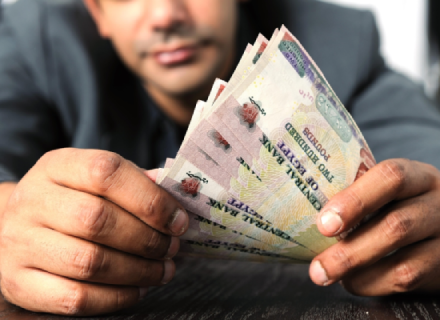Egypt’s Minister of Foreign Trade and Investment Hassan El-Khatib met with Prime Minister Mostafa Madbouly to talk about strategies for expanding into new markets and drawing in foreign capital.
The Prime Minister emphasised the significance of the Ministry of Investment and Foreign Trade’s role in this critical stage.
According to the State Ownership Policy Document, the Egyptian government increased its efforts to support the private sector and draw in more foreign direct investments while maximising its potential in several industries.
PM Mostafa Madbouly stated that there was a rise in foreign direct investment rates in 2023, which he attributed to projects and programmes run by the government, such as the Ras El Hekma agreement. He emphasised the significance of maintaining these investment rates.
The Prime Minister made the point that bringing the foreign trade file under the Ministry of Investment aligns with the goals of improving coordination and hitting targets for expanding export markets and drawing in more foreign capital.
PM Mostafa Madbouly stressed that in order to accomplish the goals of the state in this area, collaboration and coordination with export councils and joint business councils are essential.
El-Khatib gave a presentation on the ministry’s role and future goals during the meeting, stressing the importance of combining investment and foreign trade because of their strong interdependence.
He emphasised that Egypt must make significant progress in the export and investment sectors. He also emphasised that the government must send investors a clear message about policy stability in the fiscal and monetary domains and its commitment to carrying out the state policy document.
In order to develop a clear plan for foreign trade and investment, the Minister continued, he will start holding meetings with all parties involved. He stressed that, in order to draw investment into Egypt, it is crucial to focus on large international investment organisations, especially in specific industries where industry is of the utmost importance.
The new Egyptian government aims to achieve a 4.2% growth rate in its first year, with the target of surpassing 5% during its reform programme, while shifting towards a greater role for the private sector in generating GDP and employment opportunities.
In a statement to the Egyptian Parliament on July 8, PM Mostafa Madbouly affirmed his government’s adoption of comprehensive economic reforms, including fiscal discipline and an annual average increase of 16% in public revenues until the fiscal year 2026-2027. Additionally, the government aims to increase female participation in the workforce to 19% by 2026-2027.
The new government now aims to increase the contribution of the green economy to the GDP by doubling the percentage of green public investments to total public investments to about 55% by 2026. Egypt also aims to become a global hub for green hydrogen production by 2030.
PM Mostafa Madbouly added that the government will work to stimulate both local and foreign investments through a national investment strategy (2024-2030) aimed at encouraging investment in several priority sectors supporting national economic growth targets. This includes increasing private investments to between 60% and 65% of total investments and raising the annual growth rate of foreign direct investments to around 14%.
The Prime Minister’s statement also affirmed the government’s goal to attract 30 million tourists by 2028 through multiple strategies to enhance competitiveness and sustainability in the tourism sector.
Additionally, the government’s agenda aims to transform Egypt into a global hub for logistics and trade by adopting various measures, including establishing integrated international logistics centres adjacent to seaports. This involves developing seven comprehensive international logistics corridors to connect production zones with seaports via fast and secure transport routes, including dry ports and integrated logistics zones.
“The Egyptian government also aims to develop ports by constructing new docks to extend the total dock lengths to 100 kilometres. It plans to enhance the Egyptian maritime fleet’s capacity to transport 20 million tons of diverse goods annually. The government is working to form strategic partnerships with major companies managing and operating global container terminals and shipping lines to ensure increased arrival and frequency of international vessels at Egyptian ports. It also aims to complete the implementation plan for establishing 31 dry ports and logistic zones,” reported Forbes Middle East.
Egypt has not yet announced its economic growth rate for the past fiscal year, but the former Minister of Planning and Economic Development, Hala El-Said, forecasted in June 2024 that Egypt’s economy would grow between 2.9% and 3%.

